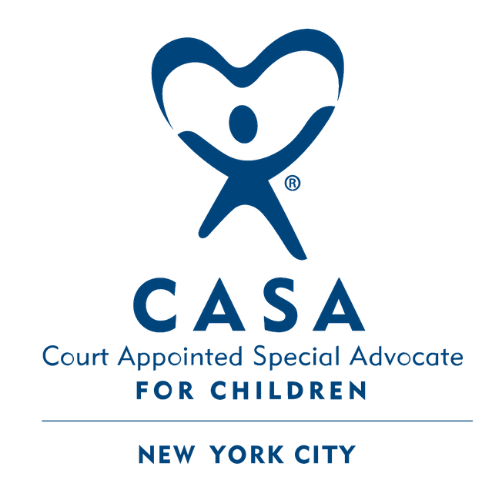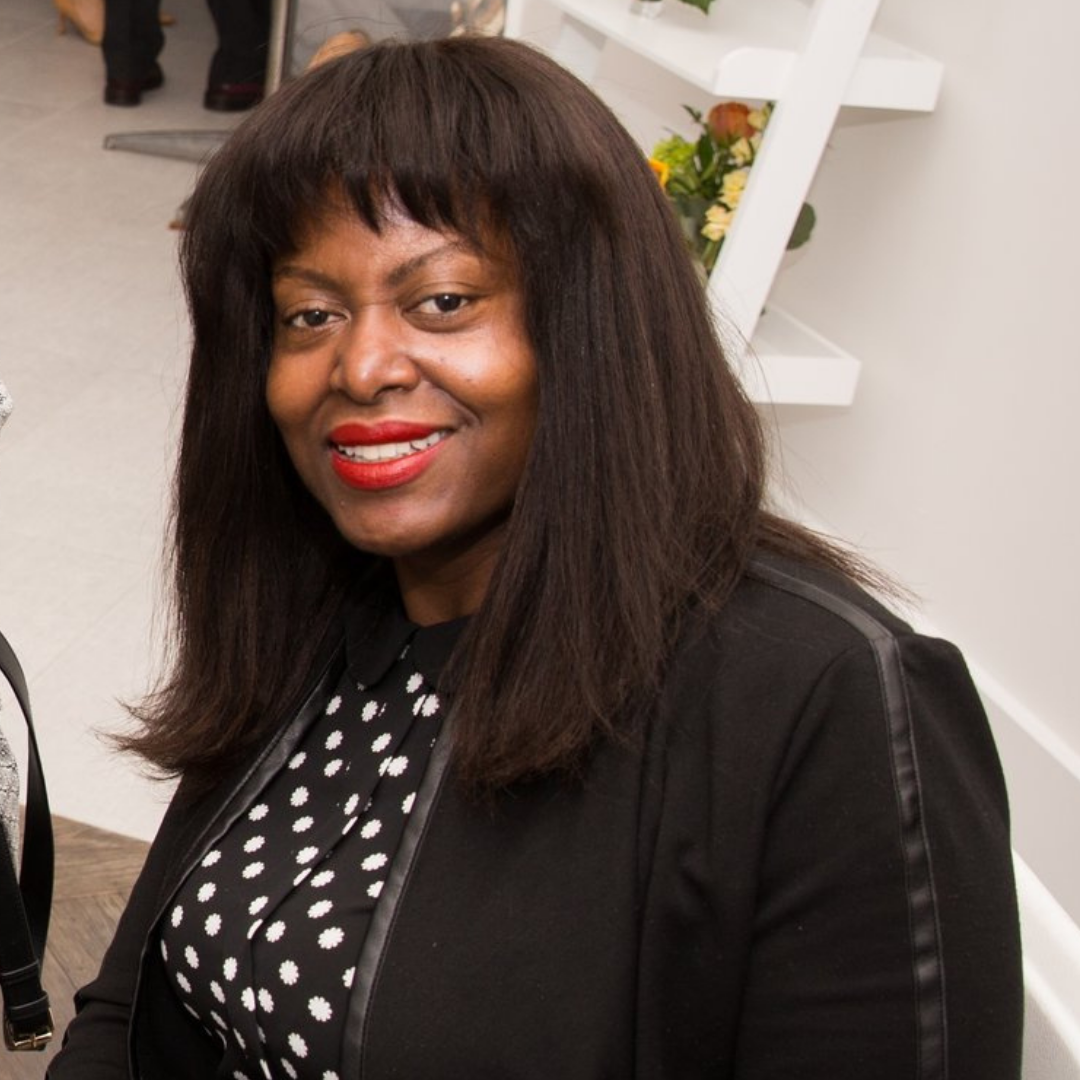Charline Courtney reflects on her role as a CASA volunteer after nearly 13 years and 24 cases
April 16, 2021
Some time in the early 2000s, Charline Courtney was flipping through an issue of Essence Magazine when she was stopped by a photo of a little boy doing homework. The photo was part of an ad for CASA, an organization that seemed to align with her love for working with children and interest in volunteering with kids in the foster care system. Knowing that she didn’t have room on her plate for another commitment at the time, Charline bookmarked the page. Years later, finding herself between jobs, Charline decided it was time to get involved.
After applying to be a volunteer and participating in the pre-service training in 2008, Charline was sworn in as a CASA and started taking on cases. Soon she was working full-time again as a paralegal, so she made calls to caseworkers and foster parents on her lunch break and wrote reports on weekends. Nearly 13 years later, Charline has worked across Queens and the Bronx on 24 cases, including adoptions and interstate transfers, in which kids move to live with relatives in other states. But not much has surprised her. Having grown up around kids in the system, she was familiar with how it worked even before she got involved with CASA. “Many of the environments that many of the youth are in, I'm from there,” Charline says.
Looking back, one of Charline’s favorite memories comes from early on in her tenure, when she first met in person the family she’d been working with for over a year. The two young children in this case had been removed from their mother in New York and were living with their foster mom in Queens. Their grandmother who was in another state was on the path to adopting them when after an evaluation, her state’s child welfare agency determined that she didn’t have the resources to care for the children. Charline worked to convince the other state’s child welfare agency that the grandmother could care for the children with the appropriate support. It took months of work on Charline’s part, following up with agencies in both states, communicating with the foster mother, helping the grandmother with paperwork, and providing her with constant encouragement and emotional support. Eventually, Charline’s efforts paid off, and the children were allowed to live with their grandmother again. On the day of a court hearing leading to their reunion, Charline was finally able to meet the grandmother and father. “You become, not a part of the family, but you get to know them very well. It was lovely meeting them in person,” Charline says.
In another case, Charline worked with a woman who was trying to adopt her niece, a little girl who had entered the system as her mother dealt with mental health issues. Charline helped run interference between the prospective adoptive aunt and her caseworker, who she says didn’t get along well. After almost a year and a half, the adoption was granted. Charline attended the court ceremony and watched as the judge gifted the little girl with a book. “I was just so proud to be an Advocate that day, and to know that I played a part in creating this new family,” Charline says.
Those two cases stand out for her as the kind of work that exemplifies what CASA does. “Those are the experiences that I signed up for with CASA,” Charline says. “All three children in those cases, they were in very difficult environments. And if they were to continue in those environments, it would be at a great disadvantage. So in those cases, I was able to help bring them to a healthier environment, so they would have a chance in life.”
The pandemic has brought additional challenges to Charline’s work, but her role remains largely the same, coordinating with different agencies, offices, caseworkers, foster parents, and others to help children find stable loving homes and the support and resources they need. The key, she says, is having enough persistence, patience, and determination to face a system that can be slow and full of barriers. More recently, she’s been working with a youth transitioning from foster care, who had already spent two years on a waiting list for housing when the pandemic hit, lengthening the wait time considerably.
Charline sees her work with CASA as an “awesome responsibility,” and, ultimately, an opportunity to build a better society. “If children are our future,” she says, “I think that we have to attend to their needs. We need to have children who are stable and healthy. And CASA helps with that.”

